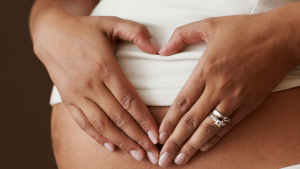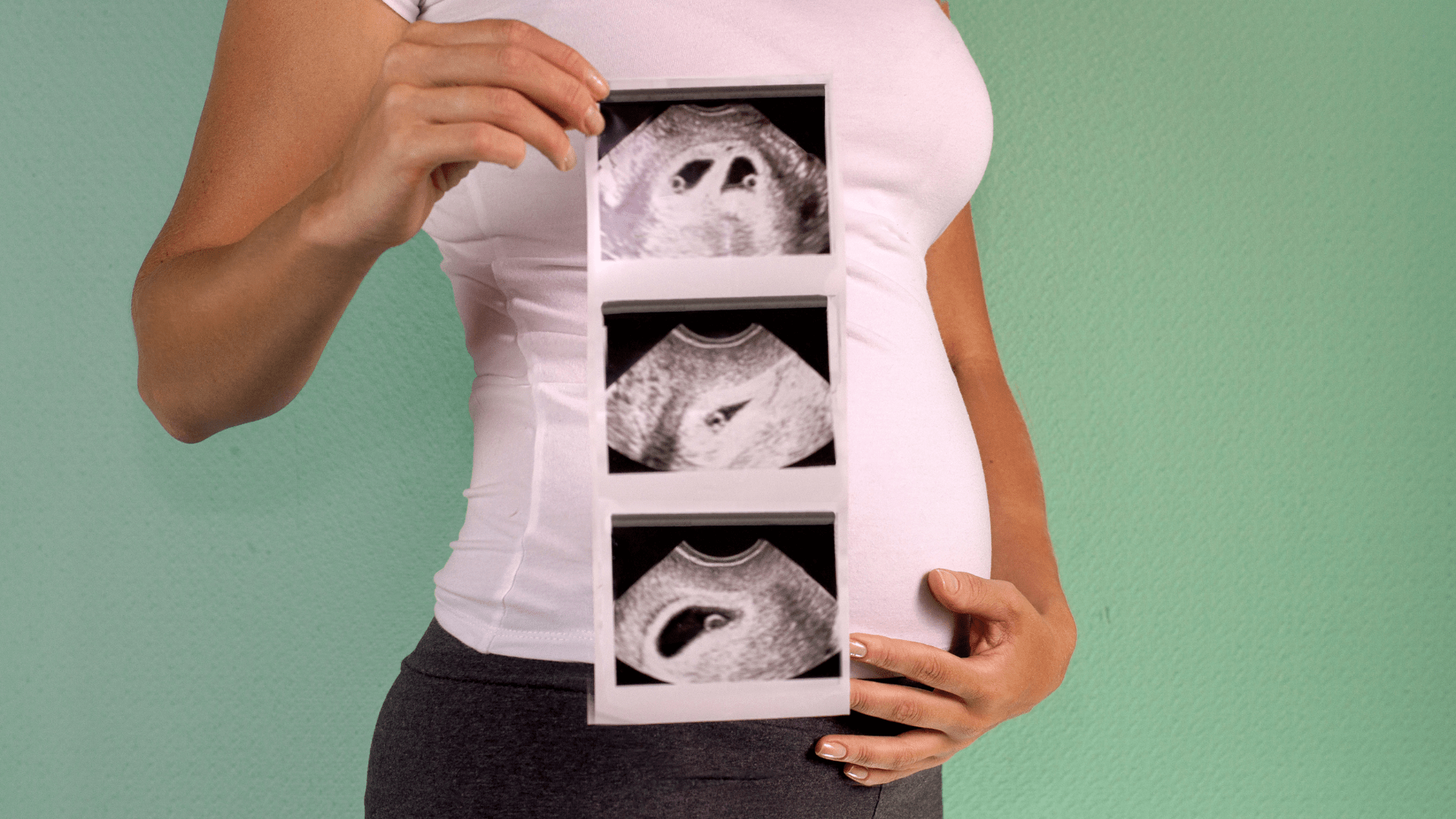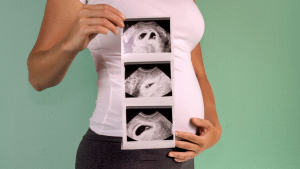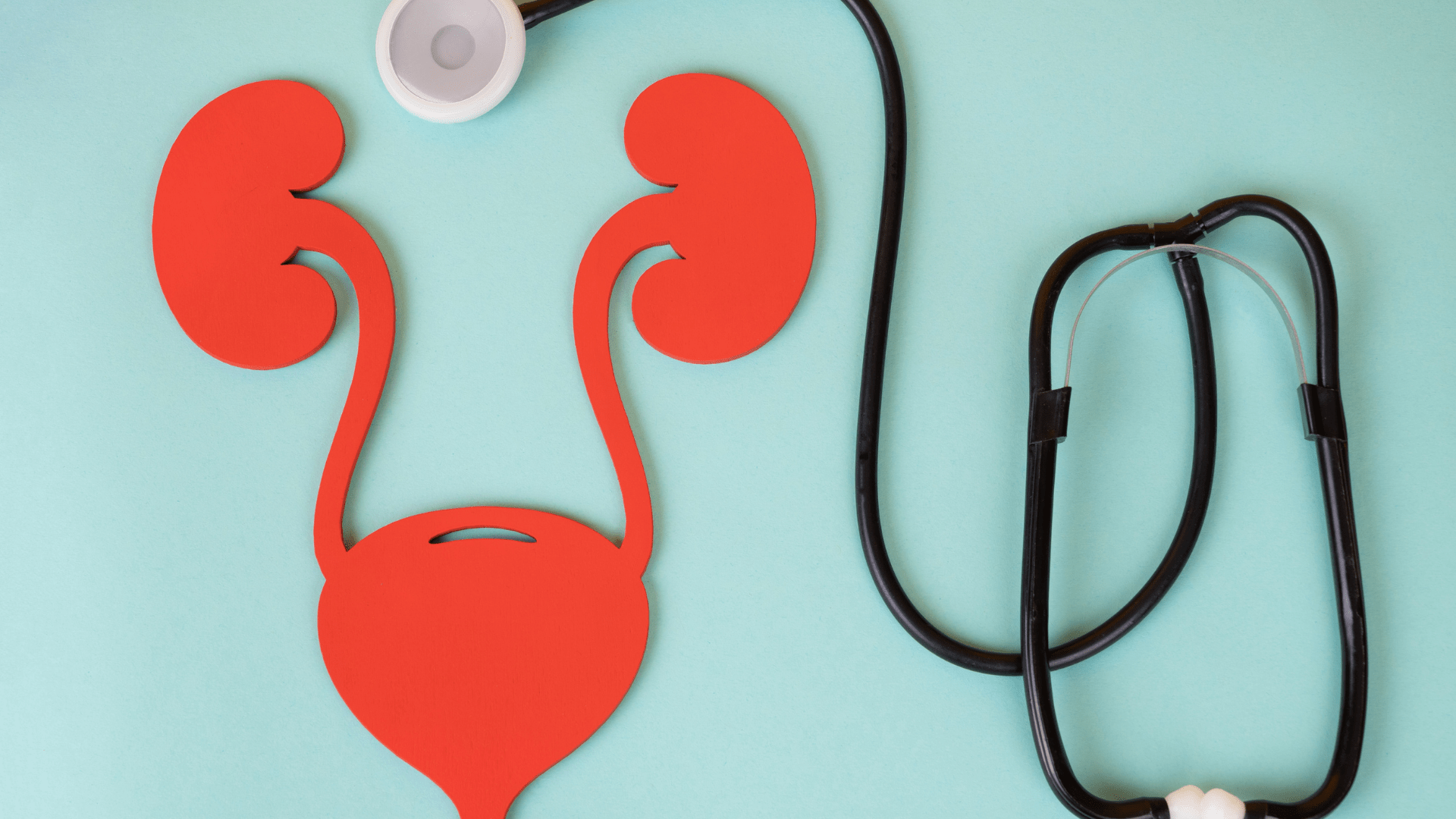The first trimester of pregnancy is an important and exciting time as your body undergoes significant changes to support your baby’s growth. This stage lasts until the 13th week of pregnancy and is characterized by various physical and emotional transformations. This article will help you explore what you can expect during the first trimester and provide guidance on what to do to ensure a healthy pregnancy.
Calculating Pregnancy Weeks
To understand the first trimester, knowing how pregnancy weeks are calculated is essential. Surprisingly, pregnancy is dated from the first day of your last menstrual period. So, by the time you discover you’re pregnant, you’re already approximately four weeks along. This calculation, known as gestational age, helps determine your due date.
The Early Weeks
The first two weeks of pregnancy are considered part of your regular menstrual cycle, with the first week being your period and the second week, being ovulation. After ovulation, if fertilization occurs when the egg meets sperm, the fertilized egg travels to the uterus. In the third week, it implants into the uterine lining, signaling the start of pregnancy. This is when you may miss your period and receive a positive pregnancy test.
Duration of the First Trimester
The first trimester begins before you’re technically pregnant, starting from the first day of your last menstrual period and continuing until the 13th week of pregnancy.
Changes and Symptoms
During the first trimester, you’ll experience numerous physical and emotional changes. Hormonal fluctuations play a significant role, as your body produces more estrogen during pregnancy than at any other time. These hormonal surges can lead to mood swings, bloating, and fatigue. While you may not visibly see a baby bump yet, your uterus is expanding, and your blood volume is increasing.
Seeking Prenatal Care
Taking proactive steps during the first trimester is crucial for a healthy pregnancy. If you haven’t already done so, it’s important to find an obstetrician or a pregnancy care provider. Early prenatal care can help identify and address any potential complications. Prepare a list of questions or concerns to discuss during your first appointment. Check with your health insurance provider to understand your pregnancy coverage and identify where you can receive care. If you don’t have health insurance, programs and agencies are available to assist you in obtaining prenatal care.
Choosing a Pregnancy Care Provider and Birth Setting
Consider the type of pregnancy care provider that suits your needs, whether it is an obstetrician, midwife, or primary care physician. Additionally, consider where you prefer to give birth, whether it’s a hospital, birthing center, or home birth. Making these decisions early on ensures you receive the support and care that aligns with your preferences.
Prioritizing Your Health
Now is an opportune time to evaluate your overall health and make any necessary lifestyle adjustments. Reflect on how pregnancy may impact your work, finances, daily activities, and habits. Maintaining a healthy lifestyle is essential, including a balanced diet, regular exercise (with guidance from your healthcare provider), and avoiding harmful substances.
How Does The Baby Develop During The First Trimester Of Pregnancy?
A lot of development occurs during the first trimester, even though it may not be visible to the naked eye. Once the sperm fertilizes the egg, a series of transformations occur in your body.
-
Weeks one to four of pregnancy
In the first month of pregnancy, essential structures begin to form. These include the amniotic sac, placenta, and umbilical cord. The embryo’s brain and spinal cord, and circulatory system start developing. The shape of a face, eye circles, and the beginning of a mouth become apparent. At this stage, the embryo is around a quarter-inch long, not bigger than a grain of rice.
-
Weeks five to eight of pregnancy
During the sixth week, major organs such as the lungs, heart, ears, arms, and legs start to form. Tissues begin to be replaced by bones. The head becomes more proportional to the body, and facial features like the mouth, nose, and face become distinct. Your doctor may perform an early ultrasound to confirm the presence of a heartbeat. By the end of the eighth week, the embryo officially becomes a fetus and reaches a size of about 1 inch, like a raspberry.
-
Weeks nine to twelve of pregnancy
Towards the end of the first trimester, the fetus develops toes, fingers, and nails. It starts exhibiting movements by opening and closing its hands and mouth. The urinary and digestive systems become fully functional. Around the 12th week, a healthcare provider can listen to the fetal heartbeat using a Doppler ultrasound. Additionally, the fetus develops either a vagina or a penis at this stage, although it may not be visible on an ultrasound. By the end of the 12th week, the fetus measures 3 and 4 inches in length, roughly the size of a plum, and weighs about 1 ounce.
Why Is The First Trimester Critical For The Baby’s Development?
The first trimester is crucial because most of the baby’s major organs and body systems are forming. Exposure to germs, harmful substances, or infections during this time can severely impact the baby’s growth and development, potentially increasing the risk of congenital disorders.

What Are The Common Symptoms During The First Trimester?
Pregnancy symptoms can vary from person to person, but hormonal changes cause most. Major signs and symptoms experienced during the first trimester include:
- Sore breasts: Hormonal changes may make your breasts tender, larger, and more noticeable. You might need to switch to bigger bras, and you may observe darkened areolas or changes in your nipples.
- Nausea: Morning sickness, which can occur throughout the day, is a well-known early pregnancy symptom. Eating smaller meals or bland, low-fat foods and consuming ginger-based foods may provide relief for some individuals.
- Mood swings: Hormonal fluctuations can lead to rapid changes in emotions, ranging from anxiety and fear to excitement or weepiness. Sharing your feelings with a friend or your partner can be helpful.
- Fatigue: Your body is working hard during the first trimester, which can leave you feeling exceptionally weak. Prioritize rest and ensure you get plenty of sleep. Energy levels tend to improve during the second trimester.
Increased urination: As your uterus grows to support the pregnancy, it puts pressure on the bladder, causing frequent urination. - Skin changes: Hormonal changes can cause your skin to produce more oil, leading to clogged pores and acne in some individuals. Acne may manifest during the first trimester, but more prominent skin changes in the second or third trimester. Examples include stretch marks and pitting edema (a swollen area with excessive fluid).
What Tests Will I Have In The First Trimester Of Pregnancy?
During the first trimester, you will undergo various tests and screenings to ensure your and your baby’s health and well-being. Prenatal care plays a vital role in monitoring the progress of your pregnancy. Here are some common tests and check-ups you can expect:
- Initial prenatal visit: This comprehensive visit typically includes discussing your medical history, previous pregnancies, family medical history, and lifestyle factors. It is otherwise known as an initial assessment. Your healthcare provider will perform a physical examination, including measuring your weight and blood pressure. They may also conduct a pelvic exam, Pap test (a test to check for cervical cancer), and check for sexually transmitted infections. Blood and urine samples may be taken to check hormone levels, Rh factor, and iron levels and screen for certain diseases.
- Ultrasound: An ultrasound is often performed in the first trimester to confirm the pregnancy, determine gestational age, and assess the baby’s development. It can also detect any potential abnormalities or multiple pregnancies.
- Genetic testing: Depending on your personal and family medical history, your healthcare provider may recommend genetic testing. This can include screening tests such as non-invasive prenatal testing (NIPT) or carrier screening for genetic disorders.
- Blood tests: Blood tests may be conducted to check for various factors, including blood type and Rh factor compatibility, blood count, and screening for conditions like gestational diabetes or infections.
Nuchal translucency screening: This optional test is performed between 11 and 14 weeks of pregnancy to assess the baby’s risk of chromosomal abnormalities, particularly Down syndrome. - Prenatal screening: Prenatal screenings, such as the first-trimester combined screening or cell-free DNA testing, may be offered to assess the risk of certain chromosomal abnormalities.
What Should I Not Do In The First Trimester Of Pregnancy?
To ensure a healthy pregnancy, there are certain things you should avoid during the first trimester:
- Alcohol and Caffeine: It’s important to completely avoid alcohol during pregnancy, as it can harm the developing baby and increase the risk of fetal alcohol spectrum disorders. Caffeine can also cross the placenta and reach the fetus, but the fetus cannot metabolize it effectively. As a result, caffeine can accumulate in the baby’s body and potentially lead to complications.
- Cigarettes and tobacco: Smoking and exposure to secondhand smoke should be avoided, as they can lead to complications and increase the risk of preterm birth, low birth weight, and other health problems.
- Recreational drugs: Illegal drugs and substances like opioids can seriously harm the baby’s development and overall health. It’s crucial to avoid them.
- Certain sports activities: Engaging in contact sports or activities that can potentially harm your abdomen should be avoided to prevent injury to the developing baby.
- Certain foods: Some foods can pose risks during pregnancy. Avoid raw fish (sushi), mercury-rich fish, undercooked or raw meats, and unpasteurized milk, cheese, and juice. Additionally, it’s recommended to limit caffeine intake.
- Hot tubs and saunas: Elevated body temperature from hot tubs, saunas, or excessive heat exposure can harm the developing fetus.
How Do I Take Care Of Myself In The First Trimester Of Pregnancy?
Taking care of yourself is essential for a healthy pregnancy. Here are some tips for self-care during the first trimester:
Stay active: Engage in regular physical activity, such as walking or prenatal exercises, with your healthcare provider’s approval. Listen to your body and adjust your routine as needed.
- Take prenatal vitamins: Ensure you take prenatal vitamins containing folic acid to support the baby’s development and reduce the risk of neural tube defects.
- Maintain a balanced diet: Eat various healthy foods, including fruits, vegetables, lean proteins, whole grains, and dairy products. It’s important to maintain.
References
FAQs
- How can I manage morning sickness during the first trimester?
A: Eating small, frequent meals, avoiding triggers, staying hydrated, getting plenty of rest, and trying ginger or acupressure bands can help manage morning sickness. If symptoms are severe, consult a healthcare provider for further options. - Can I exercise during the first trimester?
A: In most cases, continuing or exercising during the first trimester is safe. However, it is important to consult a healthcare provider to determine suitable activities and any necessary modifications. - What foods or activities should I avoid during the first trimester?
A: It is recommended to avoid alcohol, smoking, recreational drugs, excessive caffeine, raw or undercooked foods, certain types of fish with high mercury levels, and certain medications not approved by a healthcare provider. - Can stress or anxiety affect the baby during the first trimester?
A: High stress or anxiety levels can potentially impact the baby’s development. Managing stress through relaxation techniques, support systems, and open communication with a healthcare provider is important. - Can I continue taking my regular medications during the first trimester?
A: It is important to consult with a healthcare provider regarding any medications you are currently taking, as some may need to be adjusted or replaced with pregnancy-safe alternatives. - What precautions should I take to prevent miscarriage during the first trimester?
A: While most miscarriages occur due to chromosomal abnormalities and are beyond control, maintaining a healthy lifestyle, avoiding harmful substances, and following prenatal care guidelines can help promote a healthy pregnancy.






